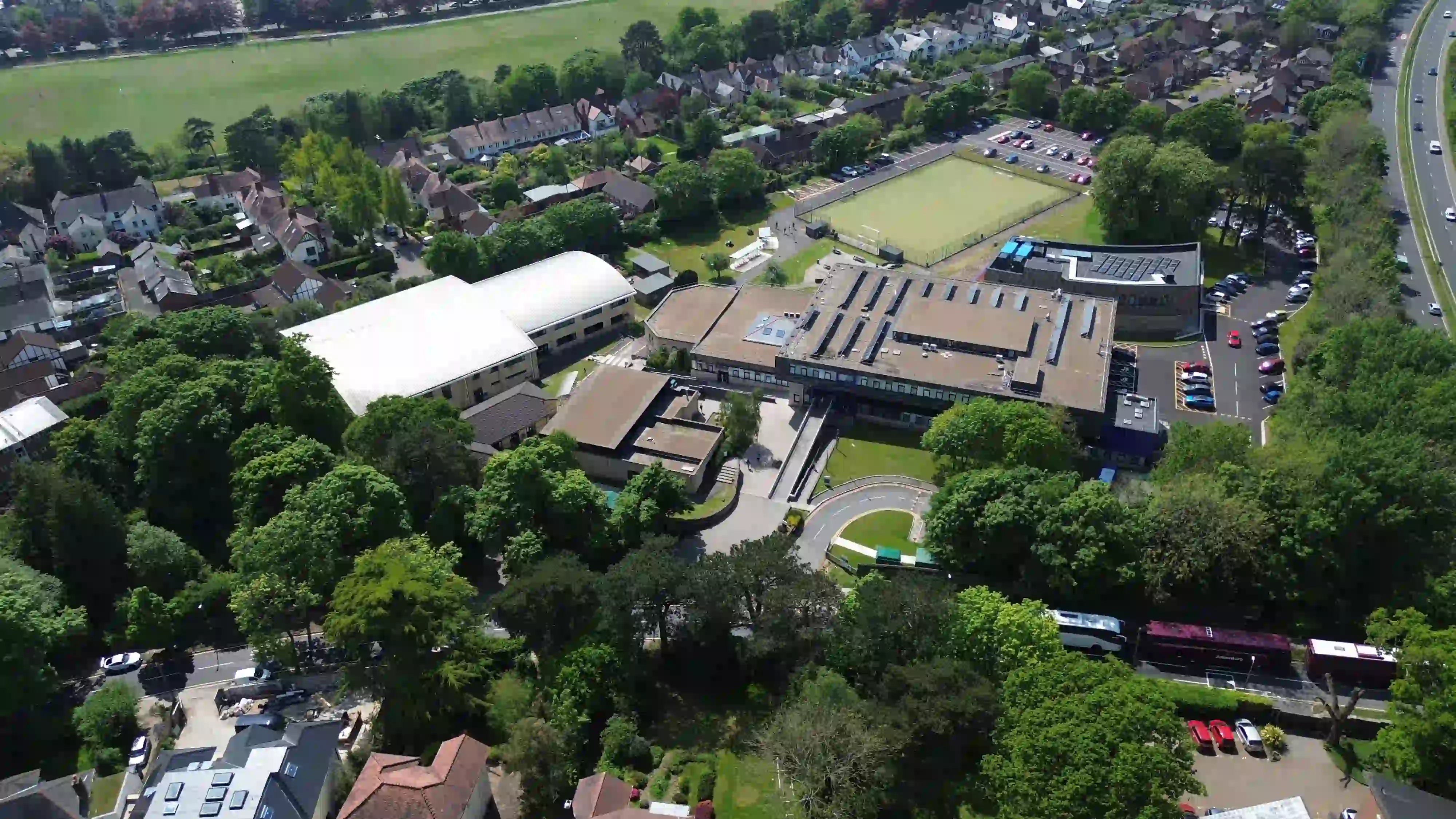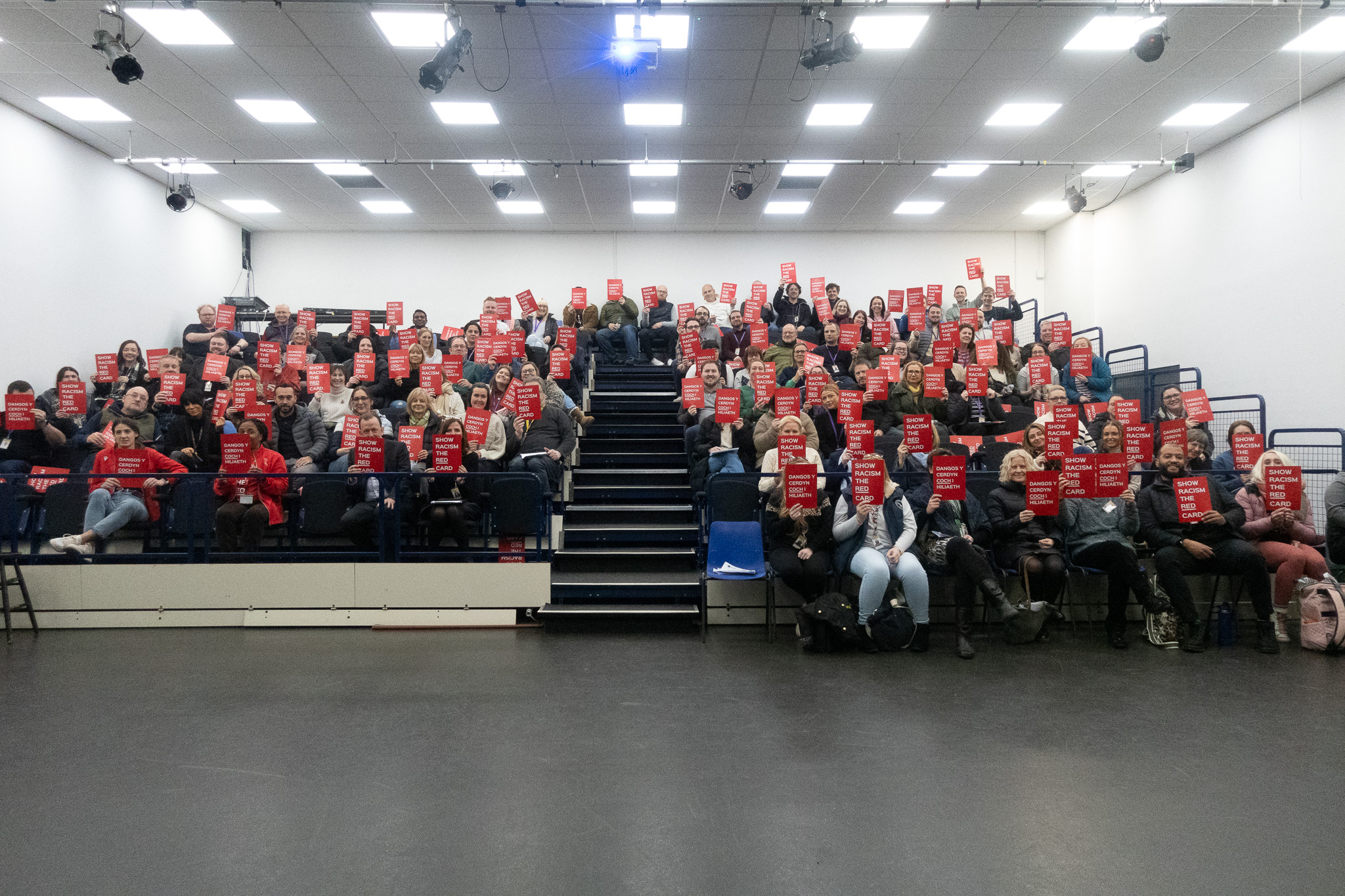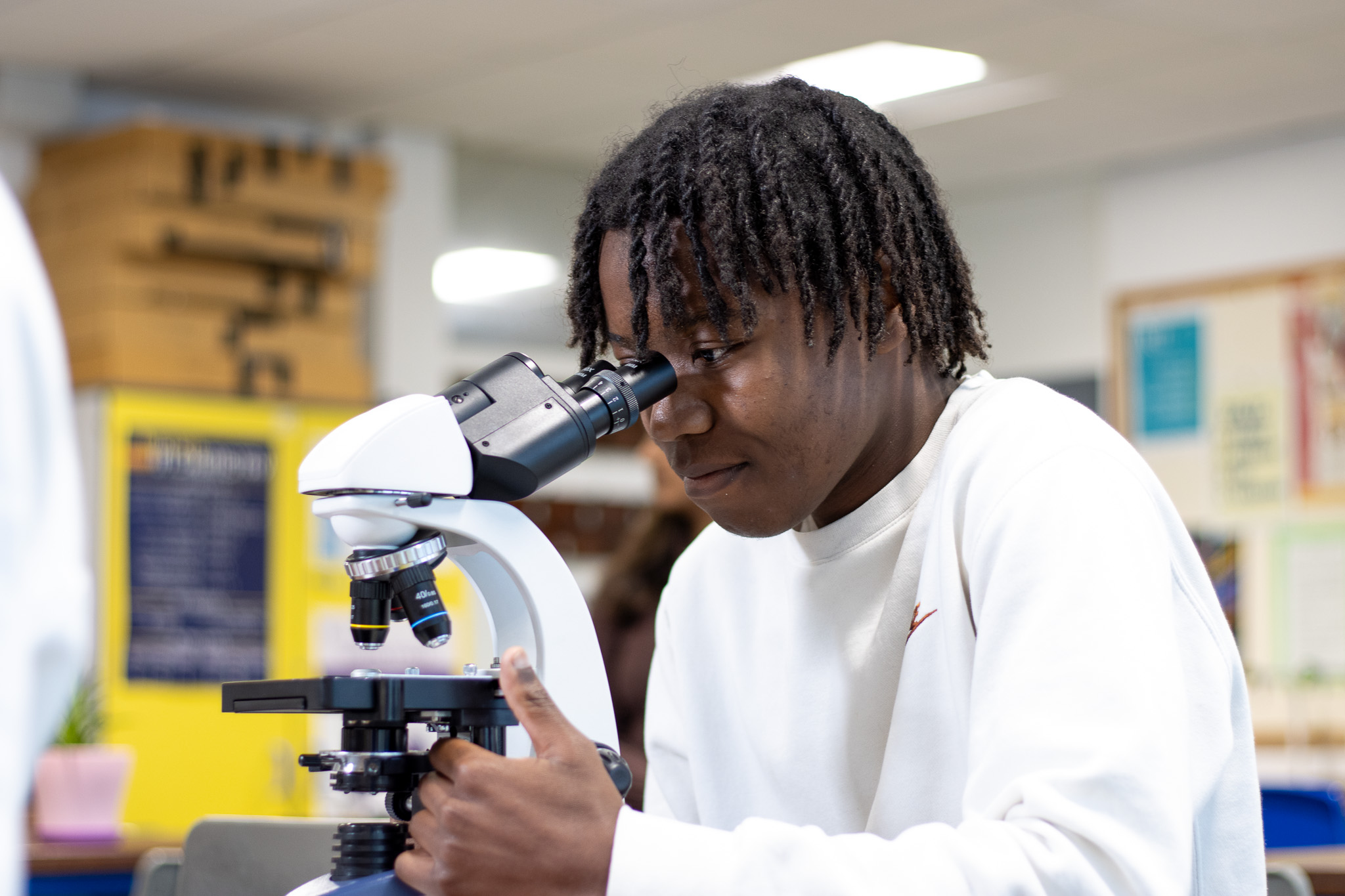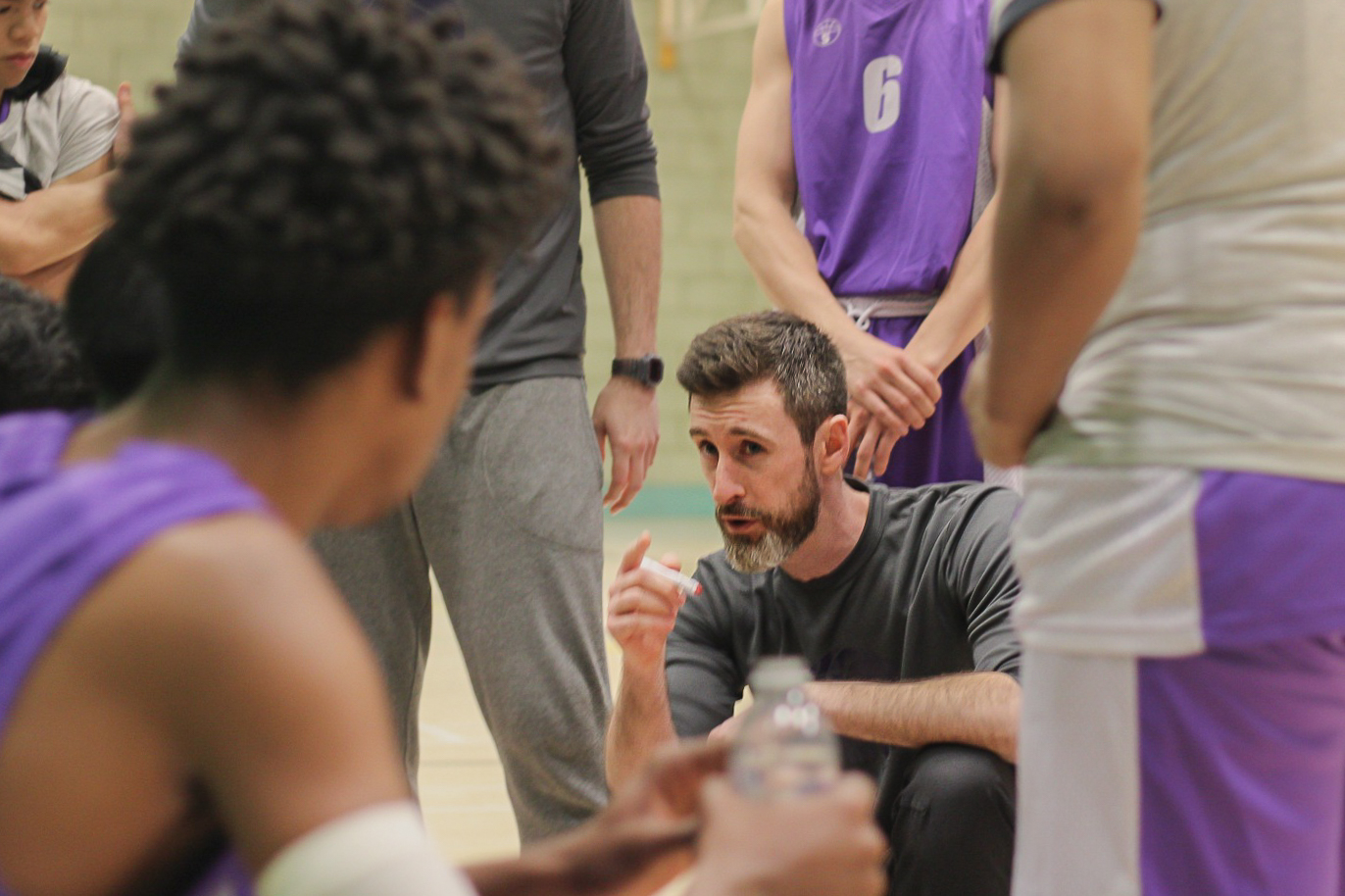The Parent Guide includes key information you should need throughout your daughter/son's time with St David's College.
“Thank you for your confidence in St David’s Catholic Sixth Form College. It is a privilege to have your son or daughter with us at such a key time in their formation. We hope this guidance will assist in supporting you to help us to best meet the needs of your child.”
– Mr. Williams, Principal.
2025-2026 Term Dates
Start of Term: 8th September
Half Term: 27th October – 31st October
Christmas Break: 22nd December – 2nd January 2026
Half Term: 16th February – 20th February
Easter Break: 30th March – 10th April
Half Term: 25th May – 29th May
End of Term: June 26th
St David’s Sports Teams
Key Information
Your role may be different, but parents/guardians are as much a part of the St David’s College community as their children. You can take your part in your child’s success, first of all, by getting to know who we are at St David’s and what we stand for.
We would encourage you to take an active interest in your child’s education by asking them about their classes and general wellbeing. Ask questions such as: “What are you studying?” “What are you finding most interesting about [SUBJECT]?” “What do you consider to be your greatest strength/weakness in [SUBJECT]?”
Above all, we would ask you to encourage your child to read, to develop and maintain a good pattern of study, and to adhere closely to the College Charter.
You will also have the opportunity to speak directly with your child’s teachers and learn first-hand about their progress. You will also be invited to complete an annual parent/guardian survey and will be provided with log in details to access the College’s Parent Portal where you will be able to view live data relating to you son/daughter’s progress.
Most importantly, the more open the lines of communication between College and home, the better for us all. If you have any questions or concerns at any time, please be sure to contact us by getting in touch directly with your child’s pastoral tutor, or by contacting Reception and asking to be directed to the right person.
We look forward to working together to make for the best possible experience for your son or daughter!
St David’s College is a special place. Few who pass through our doors fail to comment on the fact that something positive seems to set us apart from many other schools and colleges in Wales. It may be the signs and symbols that decorate our corridors and classrooms, but we know that it is much more as well.
The 2020 Archdiocese of Cardiff Inspection Report remarked: “Catholic education at St. David’s Catholic Sixth Form College is of the highest standard. The Mission Statement is very clear, firmly rooted in Gospel values and aims to create “A Catholic college for the community seeking to discover and realise the full potential of all in an atmosphere of love, service and respect, inspired by Christ”.” It also noted: “Students, both Catholic and those of another religion or belief, are proud to be a part of the college and comment very positively about their experiences.”
Indeed, at St David’s we spent a lot of time reflecting on “vocation” as it applies to all of our community’s members, but the College really has a vocation itself: that is, it is called to foster within all its members a sense that they have a purpose… a reason to live, to aspire, to thrive.
For us, this means to be inspired by Christ and to become as Christ. At the same time, we recognise that not everyone will share this belief; because of this, we endeavour to approach all questions in a way that invites consideration from everyone, regardless of background and be a community where everyone can belong.
In this way, St David’s seeks to form the whole person. By fostering excellence in academics, reflection on who we are in relation to the world, in relation to ourselves, and in relation to God, the College becomes something more than a mere place in which to gain qualifications; we become the soil in which young women and men can begin to flourish. That is the culture and ethos of St David’s.
St David’s is about so much more than coming in for lessons and going home again.
We endeavour to enrich the whole person by drawing together all the work we undertake as members of the community, including our personal and spiritual development, our volunteering, our extra-curricular activities and our academic studies, and making them connect in a single picture we call the Student Profile.
It is our hope that, by the time a student leaves us at the end of their course, they will have had the chance to grow in a number of areas, and so go out into the world far more equipped to deal with its challenges than if they knew only about a few specific subjects. Above all, we want our students to leave with a sense of their full value as human beings: that is, beloved children of God, made up of mind, body, and soul, as well as with a sense of mission.
Academics:
Applied AS /A Levels, AS Levels, A Levels, Level 3 BTEC’s, GCSE’s, Level 2 BTEC’s, or a combination.
Academic Enrichment:
Advanced Skills Baccalaureate Wales and the Honours Programme.
Reflective Education:
Including Religious and Pastoral Reflection, reflecting on the faith of the church, the 16 values of the Jesuit Pupil Profile and a variety of Pastoral themes.
Service and Experience:
Comprised of voluntary participation in enrichment activities, as well as negotiated commitment to religious participation.
Ready
- Being on time for lessons.
- Informing subject teachers, by email or through Teams, if lessons are going to be missed and then show initiative by catching up on missed work and being confident in the content before the next lesson.
- Coming to class fully prepared with the equipment and materials required for that lesson.
- Maintaining an orderly and up-to-date course file.
- Preparing adequately for tests and other assessments.
- Undertaking wider reading and revision to develop your knowledge and understanding.
- Refraining from eating, chewing or drinking (with the exception of water), in lessons.
- Use the toilet before lessons to avoid needing to leave the lesson when it has started.
Respectful
- Showing respect and kindness to all staff and other students at all times.
- Refraining from using a mobile phone, unless required to do so by your teacher as part of the lesson.
- Completing all tasks by the deadlines and to the best of your ability.
- Learning the key terms and concepts that are important for each of your courses.
- Participating positively in lessons and class discussions.
- Focusing and listening carefully in lessons, making additional notes, as necessary.
- Consolidating your knowledge by spending time at home and in free lessons revising the work you have covered.
- Dressing respectfully. Refraining from wearing hats, including hoods, with the exception of those worn for religious beliefs.
- Using bins to discard rubbish and helping to keep the college environment clean and tidy.
- Behaving in a respectful manner towards our neighbours in the community and the local environment.
Safe
- Wearing a College ID badge that is visible at all times.
- Refraining from smoking or vaping on site.
- Seek additional support from subject teachers, pastoral tutors, The Learning Support Team and the Wellbeing Team, if needed.
- Driving at no more than 5mph within the College site.
- Reporting any concerns to the safeguarding and pastoral team.
- Looking after each others safety as a community.
- Being present in all lessons and regular communication with pastoral tutors.
Simply put, attendance is extremely important. Research shows that every 5% of attendance lost accounts for half a grade at A level. We expect all learners to aim for 100% attendance at all lessons (on site and remote), with 95% being the minimum expectation. St David’s has exactly the same expectations with attendance as your son or daughter’s previous high school.
Because of this, attendance is monitored via an electronic registration system. Attendance data is collated and this data can be accessed through Student Advantage (electronic Individual Learning Plan) and the Parental Advantage. You are, of course, encouraged to look frequently at the Parental Advantage as a way of staying on top of your child’s progress in general. In addition, as a parent, you will be contacted either by a subject teacher or your child’s pastoral tutor when attendance starts to slip.
In case of an absence, you as a parent/guardian can authorise your child’s absence through Parent Advantage within 10 days of your child’s absence.
Level 1 Study
This programme is aimed at learners that do not meet the requirements for Level 2. The programme consists of a vocational studies qualification and a qualification in personal growth and wellbeing. Learners will study Maths and English at the appropriate level. They will attend Pastoral Reflection and Spiritual Reflection sessions too. This programme will help learners develop their skills and confidence to progress to Level 2.
Level 2 Study
We have many students at St David’s who would like to continue with their education beyond high school, but who may not have achieved the grades at GCSE they needed to progress to A Levels or a Level 3 vocational course. Our Level 2 provision exists for these students, and allows them not only an opportunity to improve on their past performance on a well-taught, interesting programme of study, but tackle some of the key subjects that may have been a problem, including GCSE English, GCSE Science and GCSE Maths.
Level 3 Study
What a Level 3 programme looks like
A Level 3 programme may consist of a combination of any appropriate AS/A Levels and/or BTECs, together with an ‘Academic Extension’ component (the Welsh Baccalaureate), the ‘Reflective Education’ component (involving a pastoral session and a spiritual reflection session per week) and, of course, the extra-curricular work we encourage in all of our students.
Students can progress from AS to A2 if they achieve a grade D or above.
Each learner will benefit from learner-focused, engaging and innovative learning and teaching practices. All young people who choose to attend St David’s Sixth Form College will benefit from high quality learning and teaching, whereby the individual needs of all learners are met, regardless of their ability.
St. David’s is deeply committed to ‘excellence’ in learning and teaching practices to ensure that all learners reach their full potential, regardless of their initial starting point. Each student who attends St David’s Sixth Form College will benefit from high quality learner-focused, engaging and innovative learning and teaching strategies that meet their individual needs.
To this end, we have established a three-year Teaching & Learning Strategy that serves to guide our approach to classroom activity for the betterment of each and every student.
This strategy includes:
- A commitment to excellence and growth, to allow great teaching and
learning to thrive. - An extensive staff development programme, based on action research,
supporting teachers to deliver high quality innovative and effective
engagement classroom strategies. - Striving for excellence in learning and teaching approaches adopted.
- Ensuring an enhanced learner experience through participation,
enjoyment and improved learner outcomes. - Integrating Catholic themes, values and virtues within learning and
teaching, where relevant. - Embedding Welsh Culture, Identity and history into our curriculum.
- A continued focus on the development of the subject based skills required for high attainment including literacy, numeracy and digital literacy skills, so that learners become more independent in their learning.
- Meeting the needs of all learners through thorough planning which uses cohort information, profile mapping and appropriate differentiation strategies.
- Providing specialised additional and integrated support for learners with
additional learning needs. - Providing pastoral support for learners to ensure that they reach their full potential through appropriate support and a holistic approach to target setting.
- Incorporating robust and regular assessment as an integral component of learning and teaching.
- Promoting key attitudes and behaviours including a Growth Mindset, which encourages learners to be ambitious, confident, capable and independent. See the “What makes a successful student,” overleaf.
- Engaging with learners about their learning experiences to bring about improvement in learning and teaching.
- Embracing blended learning strategies, to enhance and enrich the learning experiences, digital skills and outcomes for our students, and to improve outcomes.
- Providing a physical environment, which enhances the learning experience and promotes high standards and expectations for learners.
- A focus on writing, questioning and discussion strategies that seek to maximise both engagement and rigour, so that students do as much of the writing, the thinking, the analysing and the talking as possible.
- Ambitious with high expectations of themselves
- Punctual and ready to learn at the start of each lesson
- Well-organised (course folders split into key sections) and have subject based resources with them for all lessons (class notes, paper, pens, highlighters, rulers, calculators, etc.)
- Attentive and focused in class, making full use of teacher’s expertise highlighting key points and makes additional notes as teacher speaks
- Resilient in the face of challenges (i.e. never give up when faced with a tough activity)
- Effective in class, both as independent learners and when working within groups
- Curious about their subject, regularly asking questions and contributing thoughtfully to discussions as well as undertaking wider reading about the subject
- Readily acts on tutor feedback to develop their knowledge and skills and improve their outcomes (e.g. marks and edits answers in different colour pens).
- Learns from all feedback and is fully focused on developing the skills to improve (e.g. marks and edits answers in different colour pens)
- Focused on acquiring the key subject skills and in-depth knowledge required for success
- Seeking to develop both their verbal and written responses (e.g. develop points fully using specialist subject terminology)
- Keen to understand the criteria by which they are assessed (e.g. assessment objectives, banding, etc.)
- Respectful, kind and supportive to all peers
- Productive in between lessons in order to cement, apply and extend their knowledge (e.g. undertaking active learning strategies such as wider reading, creating summary revision materials, completing past paper questions, etc.)
All AS/A level, Applied AS/A2 and GCSE courses complete at least two ‘significant’ assessments per half term. These are graded and recorded on the “Student Advantage” platform. One assessment per unit is included on “Student Advantage”. For BTEC courses, grades are only awarded on unit completion.
‘Significant’ assessments reflect the external requirements of the course. Most ‘significant’ assessments for AS/A level and Applied AS/A level courses take the form of questions from past external examination papers, for example, essays or data response-type questions. Assessments for BTEC courses at Level 1, Level 2 and 3 are more varied, including presentations, formal reports, etc. Assessments for GCSE courses are past paper questions.
Assessments will be marked within two weeks of submission.
Information on your son’s/daughter’s progress can be found on the Parent Advantage.
Reports will not be sent home but will be available on Parent Advantage in November 2024 and February 2025. Reports will provide information on attendance, achievement, target grades and effort grades.
- Set yourself an exaxmination goal – what result do you want? (If you are hoping for a “B“, aim for an “A“ and if things don’t work out, hopefully you’ll still get your “B“. If things work out, wonderful!)
- START EARLY – this should start in earnest three to four months before any external exam.
- Always plan your revision. Create a revision plan that shows what you must revise in the time remaining – remember ‘planning prevents poor performance.’
- Attend all revision sessions held by staff as well as seeing staff over any queries.
- Make sure you have an organised revision file. Use revision materials provided by staff!
- Try different active revision techniques – summarise your notes; produce mind maps; scatter diagrams; test, test and retest yourself – in-depth knowledge is vital (reading over notes is very passive and ineffective for most).
- Build up a bank of key definitions and revise them (use flashcards, post-its, etc.).
- Focus on exam skills / technique as well as content.
- Practise exam questions on topics from different angles – practise makes perfect! (the WJEC Question Bank is an excellent resource with past paper questions and mark schemes that will support in-depth knowledge development as well as improved examination technique, which are both essential in securing high grades).
- Practise under exam time conditions.
- Follow techniques shown by research to be the most effective (see excellent Example)
- Another useful technique for making revision notes is shown in this clip
- Always look for “missing” marks in assessments – this is a sure way to develop your knowledge and get ever closer to that elusive 100%.
- Use using the quiet area of the LRC to study and revise hard during “frees”.
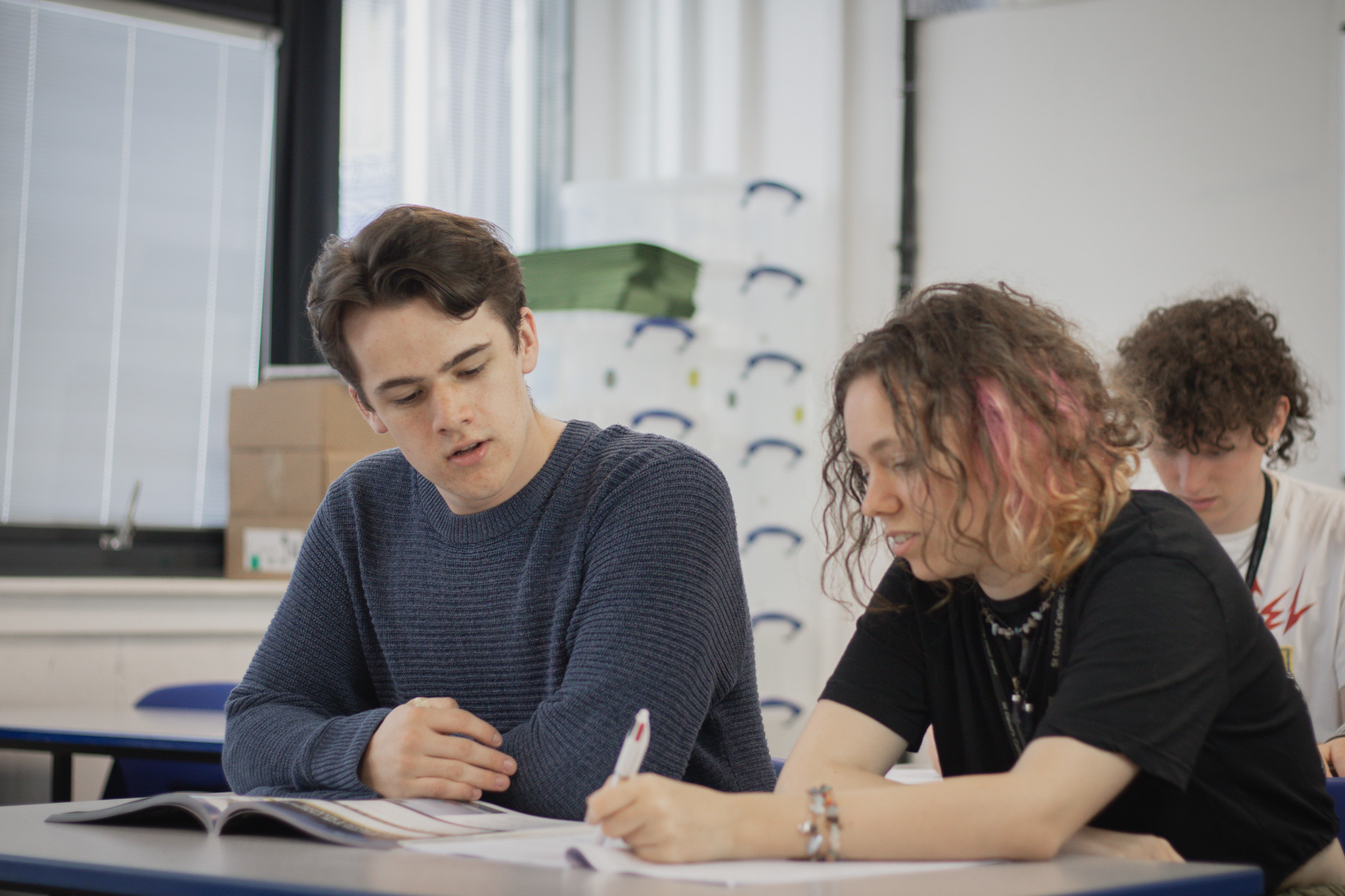
FAQ's
Email their personal tutor as soon as possible and within 10 days to inform them of the reason and the expected amount of time they will miss. You can also do this through Parent Advantage.
Email their personal tutor as soon as possible and within 10 days to inform them of the reason and the expected amount of time they will miss. You can also do this through Parent Advantage. Medical evidence or supporting documentation may be required to authorise an absence.
Although travelling during term time is neither advisable nor permitted, there may be circumstances in which it is necessary for a family. If you believe this to be the case, email your son/daughter’s personal tutor to explain the nature of the travel. If permission for travel is granted, please make sure that all their teachers have been informed, and that they pick up any work they may miss in the period of absence. Please be aware when booking travel around exam periods as this will affect overall performance and results.
If the concern is general, contact their personal tutor. If, however, it is specific to a subject, email the subject teacher directly. There are opportunities to engage with subject teachers at parents evenings.
If there is no concern of an immediate nature (i.e. he or she is NOT in immediate danger), then contact their personal tutor in the first instance. If there is a specific concern that requires urgent attention, contact the College’s Safeguarding Team, (safeguardingteam@stdavidscollege.ac.uk). Parent’s may also ask to speak with their teacher of spititual reflection.
The College makes a number of resources available to students thinking about their own future, including the advice of personal tutors and a designated Launchpad team (launchpad@stdavidscollege.ac.uk). Parents wanting to discuss such questions may also ask to speak with their son/daughter’s Teacher or any member of the Chaplaincy Team (chaplaincy@stdavidscollege.ac.uk).
If you have questions about a specific activity, it is best to contact the staff member in charge. If it is a general question or concern, then please contact your child’s personal tutor who will be able to investigate and respond to your enquiry.
Please visit safeguarding, where you will find contact information for those members of staff in charge of safeguarding. If your question is a general one, you can ask your child’s personal tutor, or any member of staff, who will do their best to answer in a timely and accurate way.
St David’s Catholic College is committed to providing a high quality of education to all its learners. We believe that our College provides an excellent education for all its learners, and that the staff work hard to build positive relationships with its learners, parents, guardians and other stakeholders.
However, the College is committed to having procedures in place in case there are any complaints about the level of service experienced. It is important to us that concerns are raised as soon as possible to allow us to deal with them in a timely manner.
The College aims to be fair and open when dealing with any concerns and/or complaints. We will give full and careful consideration and deal with them as swiftly as possible, striving to resolve any concern or complaints through dialogue and mutual understanding. In all cases, we put the interest of the learner at the forefront in providing sufficient opportunity for any concern or complaint to be fully discussed and then resolved.
- We will ensure that raising a concern or making a formal complaint is as easy as possible.
- We will treat all concerns and complaints seriously.
- Any conern or complaint will be dealt with honestly, politely and in confidence.
- We will deal with the concern or complaint promptly, thoroughly and impartially.
- We will keep you up to date with the progress at each stage.
- We will respond in the right way – with an explanation or an apology, if appropriate.
- We will tell you what actions will be taken to put things right.
- All complaints will be recorded on a complaints log and will be reported to the governing body on a regular basis.
- We will learn from concerns raised and complaints made and use them to improve our service.
For more detailed information, please see our Concern, Complaints and Compliments policy document.
Useful Contacts
